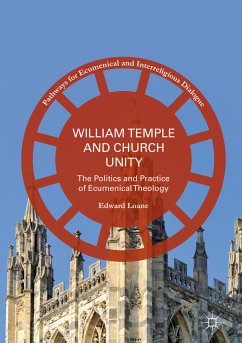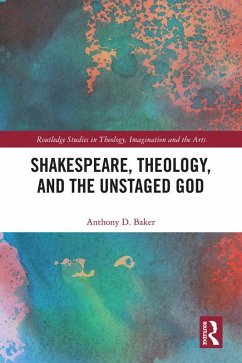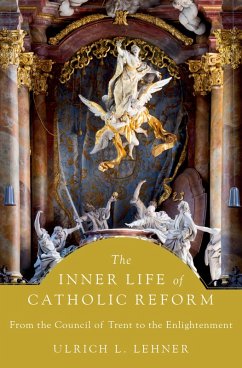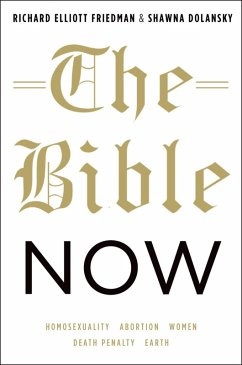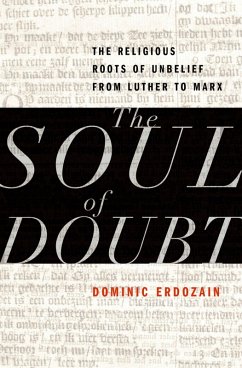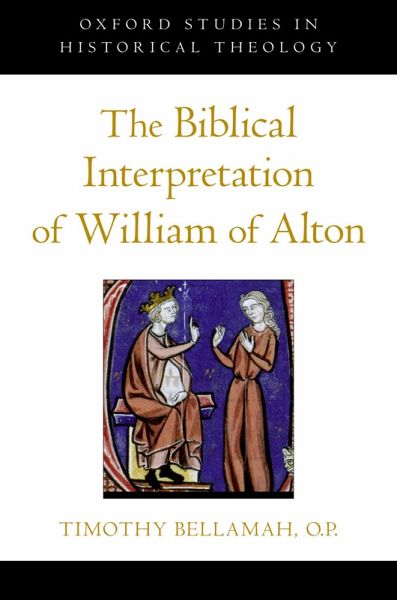
The Biblical Interpretation of William of Alton (eBook, PDF)

PAYBACK Punkte
13 °P sammeln!
Studies of medieval Biblical interpretation usually focus on the printed literature, neglecting the vast majority of relevant works. Timothy Bellamah offers a groundbreaking examination of the exegesis of William of Alton, a thirteenth-century Dominican regent master at Paris whose commentaries have never previously appeared in print. As a near contemporary of Hugh of St. Cher, Bonaventure, Albert the Great, and Thomas Aquinas, William was an important representative of university exegesis at a time of rapidly changing methods and remarkable intellectual development. His commentaries are valua...
Studies of medieval Biblical interpretation usually focus on the printed literature, neglecting the vast majority of relevant works. Timothy Bellamah offers a groundbreaking examination of the exegesis of William of Alton, a thirteenth-century Dominican regent master at Paris whose commentaries have never previously appeared in print. As a near contemporary of Hugh of St. Cher, Bonaventure, Albert the Great, and Thomas Aquinas, William was an important representative of university exegesis at a time of rapidly changing methods and remarkable intellectual development. His commentaries are valuable resources for understanding Biblical study of the thirteenth century, in the schoolroom and in the pulpit. Yet study of William's work has been impeded by the dubious authenticity of numerous commentaries questionably attributed to him over the centuries. Bellamah addresses these complex problems by unearthing evidence of authorship in each commentary's style and methodology. This inquiry employs the traits of William's commentaries as criteria for constituting a list of works that can be reliably attributed to him, which, in turn, provides a crucial basis for studying his exegesis. William was a man of his time, but even more than his contemporaries he was deeply interested in history and the literal sense, which he understood to be the intention of Scripture's authors, divine and human. He took a keen interest in Biblical history and put to use a wide array of procedures for textual, linguistic, and rhetorical analysis. At the same time, he remained aware of the spiritual senses and the diverse elements of the exegetical and theological tradition in which he stood.
Dieser Download kann aus rechtlichen Gründen nur mit Rechnungsadresse in A, B, BG, CY, CZ, D, DK, EW, E, FIN, F, GR, HR, H, IRL, I, LT, L, LR, M, NL, PL, P, R, S, SLO, SK ausgeliefert werden.




